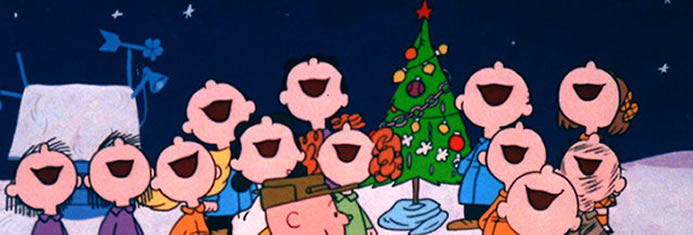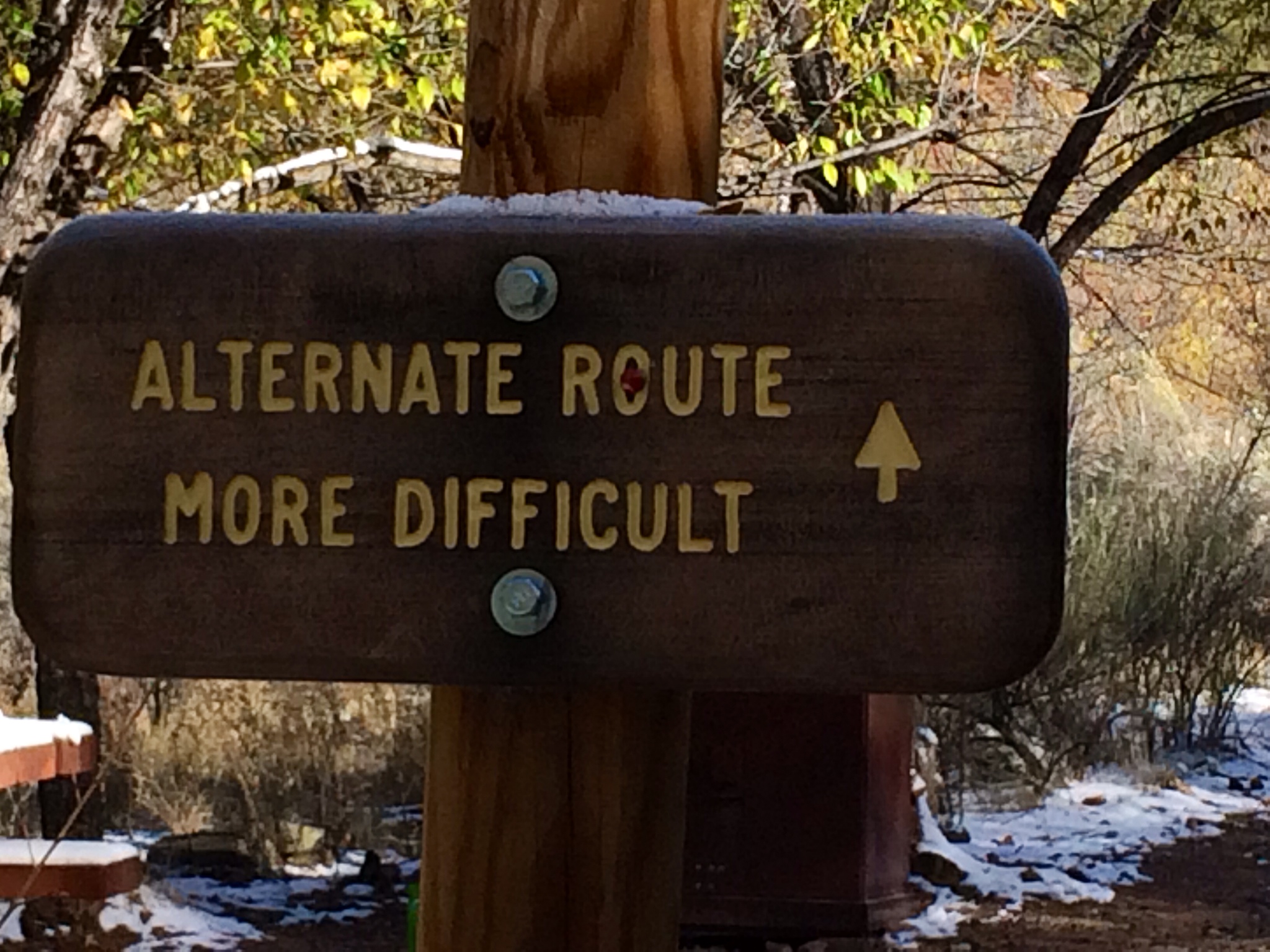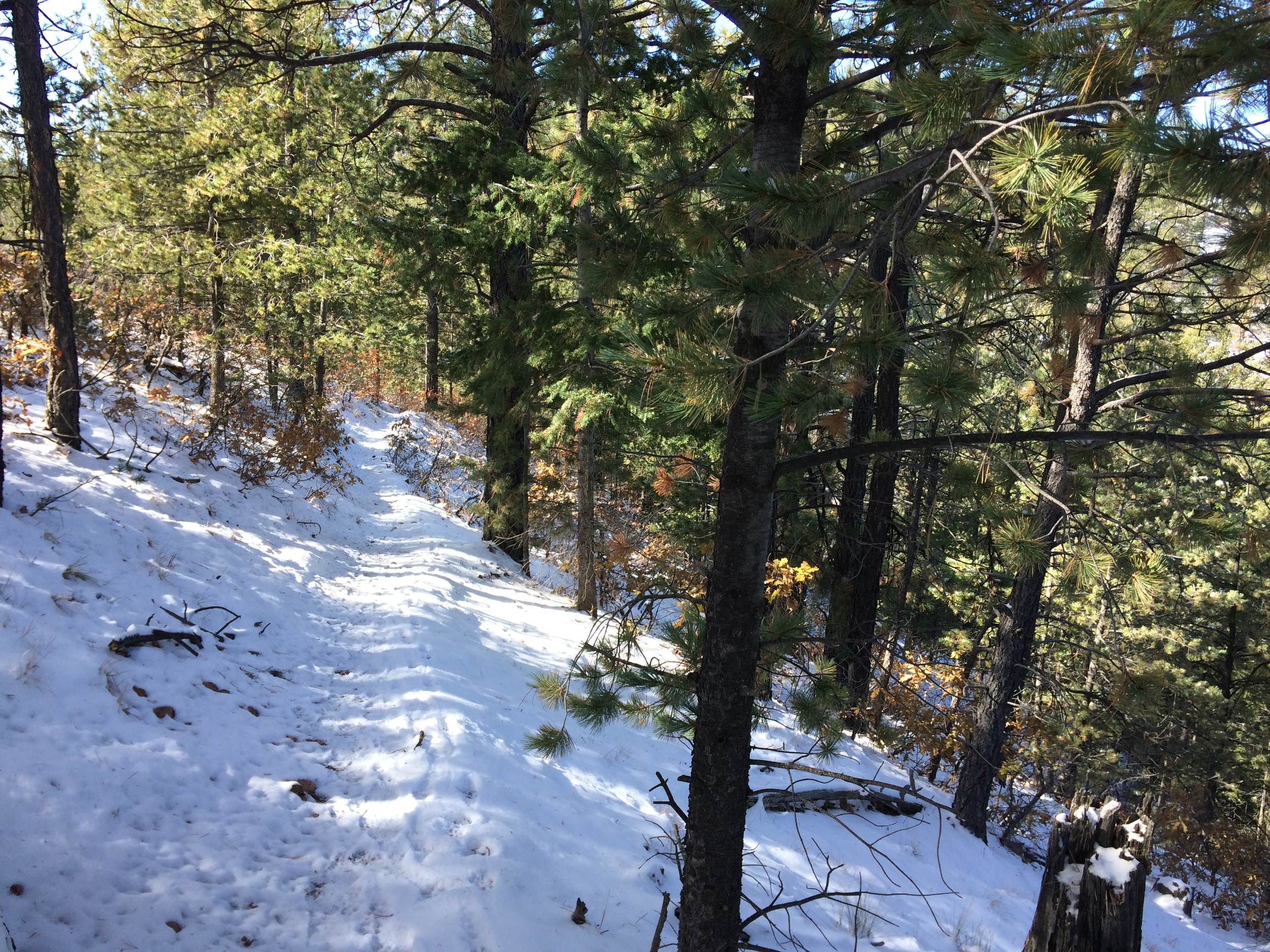Give it Away
/The story bothered me for 22 miles. It was Sunday afternoon and I was cycling, taking advantage of an unseasonably warm winter day. I couldn’t stop thinking about the parable used by our preacher that morning. The Parable of the Bags of Gold begins like this: “It will be like a man going on a journey, who called his servants and entrusted his wealth to them. To one he gave five bags of gold, to another two bags, and to another one bag, each according to his ability. Then he went on his journey. The man who had received five bags of gold went at once and put his money to work and gained five bags more. So also, the one with two bags of gold gained two more. But the man who had received one bag went off, dug a hole in the ground and hid his master’s money. (Matthew 25:14-30)
According to the text, when the master returned he asked what his servants had done with his wealth. The story goes well for the first two men who invested their shares and multiplied its value, but not for the third servant, who said, “I was afraid and went out and hid your gold in the ground.”
The servant thought he was doing the right thing by hiding his master’s wealth, but instead he wasted his opportunity to make the wealth grow.
The surprising part of the story, the part that set on my mind for 22 miles, is what the master said to the third servant. “You wicked, lazy servant! … You should have put my money on deposit with the bankers, so that when I returned I would have received it back with interest … throw that worthless servant outside, into the darkness, where there will be weeping and gnashing of teeth.”
Really? Throw him into darkness? Why was his punishment so harsh? He was just being cautious, protecting assets, cutting losses, and like that.
Well, the thing about this story is, it wasn’t about the money. Jesus’ stories were never about the value of money, but about the condition of their hearts. The third man acted out of fear. He was afraid to take a risk with the gold because he didn’t trust the heart of his master. He protected what he had by burying it, and eventually lost it all.
Here are a couple of things I thought while riding my bike. First, God doesn’t call us to live in fear, but rather in power, love, and discipline. And second, we’re accountable to God for what has been entrusted to us, accountable for the use of His resources, and he expects us to invest it rather than bury it.
I also thought of another Bible passage that has become important to me, from 2 Timothy 1:14 … “Guard the good deposit that was entrusted to you.”
And so, like the three men in the parable, what has God given to you? What does he want you to invest and multiply? How do you guard your most important things? (Hint: Your most prized gift from God isn’t money.)
 For me, the way to guard what God has given is to give it away. My most valuable possession from God is the truth and wisdom invested into me by my family and by other godly people for the past fifty years, and it is my obligation to give it all away. Not bury it for another book, not keep it hidden because I am afraid of what someone will say, not save it for a larger crowd, but invest it in the lives God has entrusted to me. To guard the good deposit I have to give it away every day.
For me, the way to guard what God has given is to give it away. My most valuable possession from God is the truth and wisdom invested into me by my family and by other godly people for the past fifty years, and it is my obligation to give it all away. Not bury it for another book, not keep it hidden because I am afraid of what someone will say, not save it for a larger crowd, but invest it in the lives God has entrusted to me. To guard the good deposit I have to give it away every day.
The author Annie Dillard described this need to give our life away in her book, The Writing Life: “The impulse to keep to yourself what you have learned is not only shameful, it is destructive. Anything you do not give freely and abundantly becomes lost to you. You open your safe and find ashes.”
We don’t’ become rich in God by accumulating, but by giving away. We don’t guard what God has given us by keeping quiet, but by giving away. We have to invest what has been given to us in other people. If we don’t, those very people God brought close to us will suffer. And so will we.
“I run in the path of Your commands, for You have set my heart free.” Psalm 119:32
I need your help. The primary reason people read these articles is because people like you share with friends, so please do. And thank you. Also, you can find more of my writing on my weekly blog, read insights on Tumblr, and follow me on Twitter and Facebook.
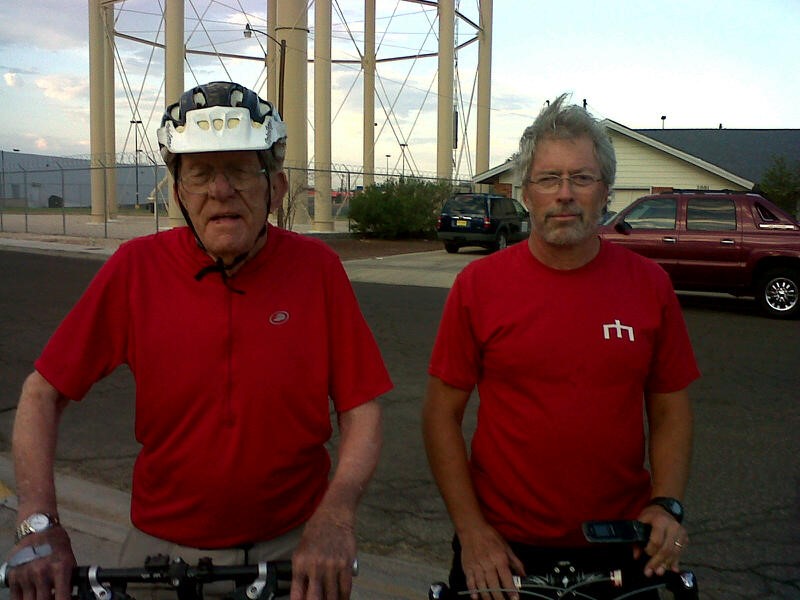 It’s our family way to fly low under the radar, to not complain, to keep our problems to ourselves. Not because we are especially tough or because we are martyrs – we just don’t want to be a lot of trouble. And we don’t need much attention to feel accepted and loved.
It’s our family way to fly low under the radar, to not complain, to keep our problems to ourselves. Not because we are especially tough or because we are martyrs – we just don’t want to be a lot of trouble. And we don’t need much attention to feel accepted and loved.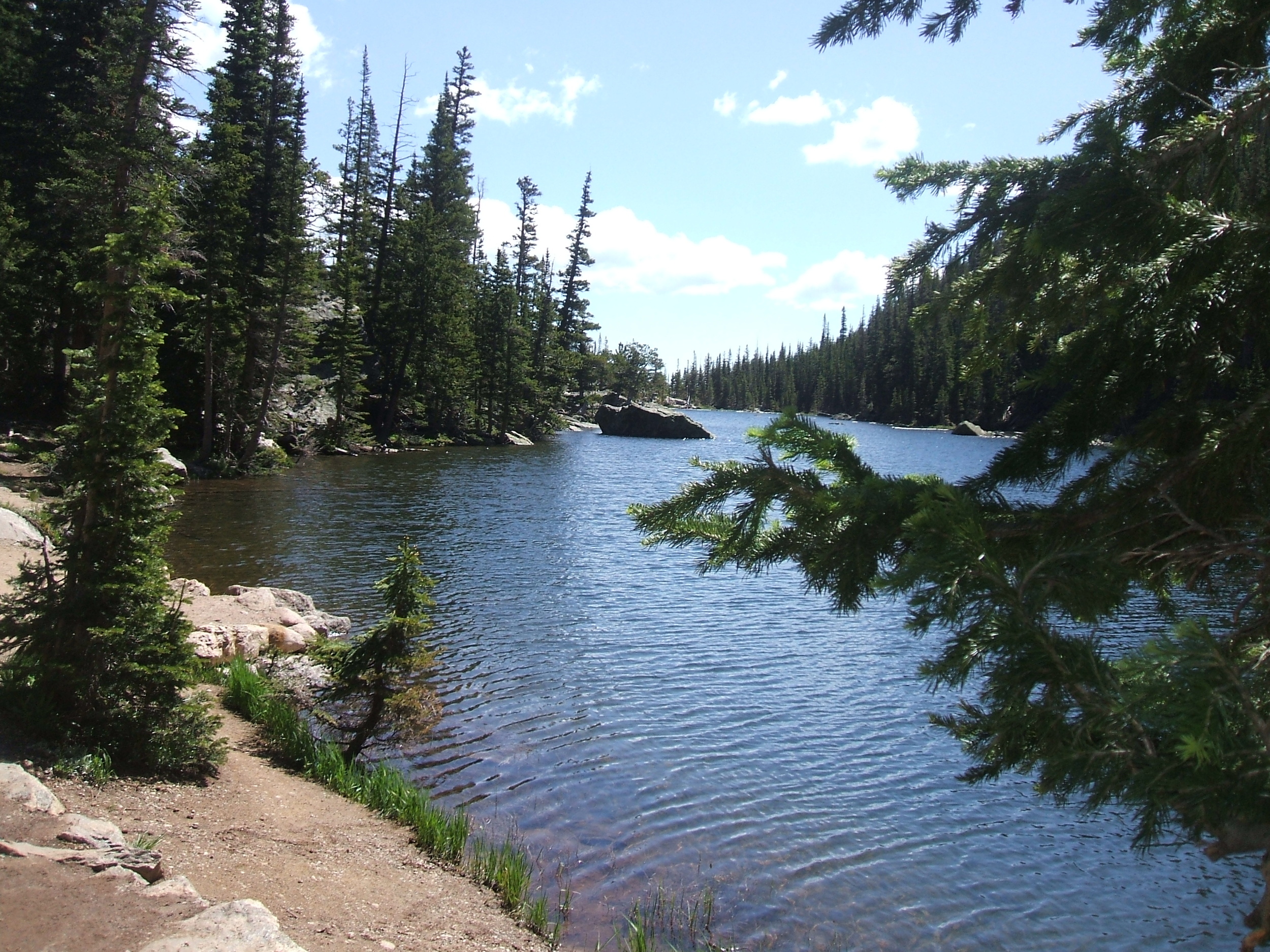 back by a short-sighted employer as I thought, but I’d been set free by God. The promotion, the opportunity, might’ve been a good career move, but it wasn’t right for me. It wasn’t right for the future God had in mind for our family.
back by a short-sighted employer as I thought, but I’d been set free by God. The promotion, the opportunity, might’ve been a good career move, but it wasn’t right for me. It wasn’t right for the future God had in mind for our family.
